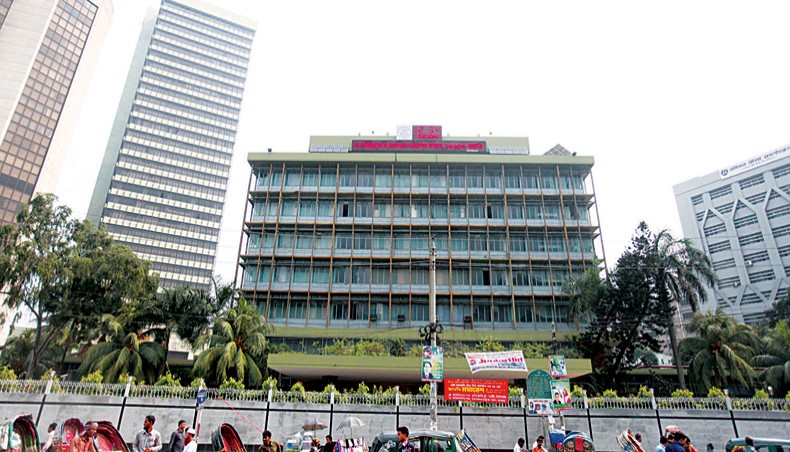
The number of bank accounts holding deposits exceeding Tk 1 crore was on the rise by the end of September 2023, despite ongoing economic challenges and inflationary pressure.
According to the Bangladesh Bank data, the number of such bank accounts increased slightly by 32 to reach 1,13,586 at the end of September 2023 from 1,13,554 in June, 2023 and 1,09,946 at the end of December 2022.
Out of a total of 14.97 crore bank accounts nationwide, 10.82 crore accounts hold less than Tk 5,000 each, as per the central bank data.
According to the BB, the accounts holding more than Tk 1 crore represent only 0.075 per cent of the total bank accounts, but 42.35 per cent of the aggregate deposits.
The total deposits in the banking sector stood at Tk 17.13 lakh crore at the end of September, while those with the accounts holding more than Tk 1 crore reached held in total Tk 7.25 lakh crore. The total number of accounts holding over Tk 50 crore each was 1,778, collectively holding more than Tk 2.49 lakh crore.
The volume of money in the bank accounts holding Tk 1 crore each reached Tk 7.3 lakh crore at the end of June 2023 from Tk 6.77 lakh crore at the end of December 2022.
Over the past five years, the number of accounts each holding over Tk 1 crore has exhibited uninterrupted growth, surging from 75,563 in December 2018 to 1,01,976 by the end of December 2021, and further to 1,09,946 at the close of December 2022.
Experts suggest that the country›s economic challenges, complicated by soaring inflations, mounting external debts, dollar crisis, dwindling foreign reserves, and energy shortages, have narrowed down the investment opportunities for affluent individuals.
Consequently, they are choosing to park their capital in bank accounts.
The Bangladesh Bureau of Statistics recorded inflation on point-to-point basis at 9.49 per cent in November at the national level from 9.93 per cent in October, driven by escalating prices of essential commodities.
Mustafizur Rahman, executive director of the Centre for Policy Dialogue, told New Age that the increase in account holders with higher deposits in Bangladesh, reflects a concerning surge in income and asset inequality.
Mustafizur said that the diminishing share of wages in the national income and rising profits exacerbate wealth inequality, disproportionately affecting fixed and low-income earners.
The growing number of Tk 1 crore account holders highlights the urgency for concrete actions against loan defaulters, tax evasion and corruption, he said.
Moreover, the trend signifies a broader issue of distributive injustice with affluent individuals resorting to capital flight and foreign asset holdings, he added.
The rising number of crore taka account holders is only part of the story of distributive injustice in Bangladesh, the economist viewed.
Selim Raihan, executive director at the South Asian Network on Economic Modeling, in short SANEM, pointed out that the growth in such bank accounts suggests that not all citizens are affected by the economic crisis.
He emphasised that while the rich seem unaffected, the poor are grappling with the crisis, as the affluent take advantage of the situation to generate substantial profits, particularly from escalating food prices.
Raihan highlighted the existence of a beneficiary class in society that benefits in various ways.
He speculated that the surge in rich bank accounts may also be linked to high financial transactions related to the coming election campaign.
Expressing concern, he warned that if the current state of affairs persists without a return to economic growth, employment generation and poverty eradication, the economic crisis may endure.
In response to the situation, Raihan urged the government to intensify its efforts to address the ongoing economic crisis. He stressed the urgency of holding accountable those individuals accumulating illegal assets and called for measures to rectify the economic imbalance.
New Age









